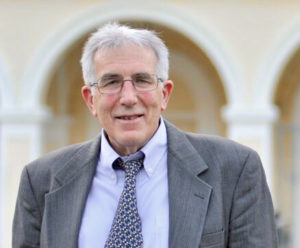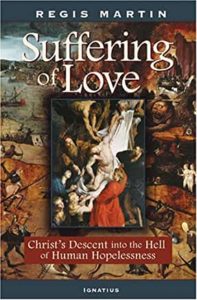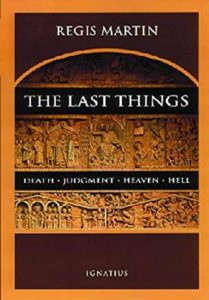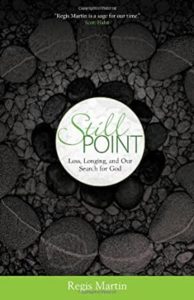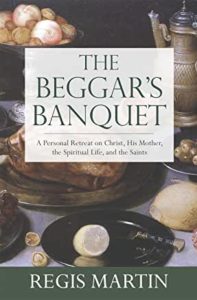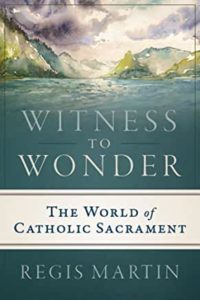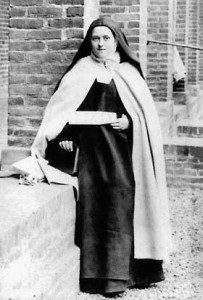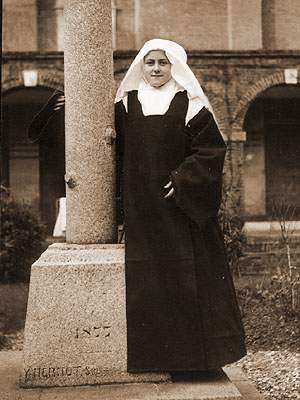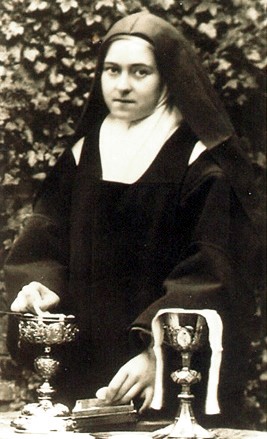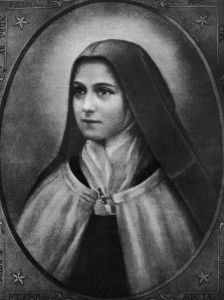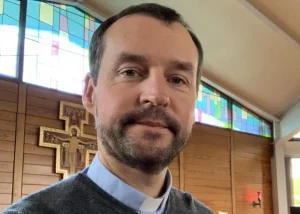Podcast: Play in new window | Download (Duration: 1:33 — 1.4MB) | Embed
Subscribe: Apple Podcasts | Spotify | Amazon Music | Android | Pandora | iHeartRadio | JioSaavn | Podchaser | Gaana | Podcast Index | Email | TuneIn | Deezer | Anghami | RSS | More
Day 8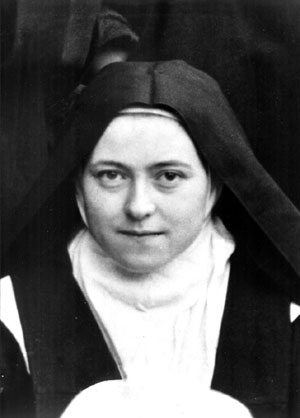
St. Therese you have said:
“And it is the Lord, it is Jesus, who is my judge. Therefore I will try always to think leniently of others, that He may judge me leniently, or rather not at all, since He says: “Judge not, and ye shall not be judged.”
Saint Therese, flower of Carmel,
you said you would spend your heaven
doing good upon the earth.
Your trust in God was complete.
Listen to my prayer;
bring before God my special intention…
Pray for me that I may have something of your confidence
in the loving promises of our God.
Pray that I may live my life in union with God’s plan for me,
and one day see the Face of God who you so ardently loved.
Saint Therese,
you kept your word to love God
and to trust the world to that loving providence.
Pray for us that we may be faithful to our commitment to love.
May our lives, like yours,
be able to touch the world and bring it to peace.
Amen

